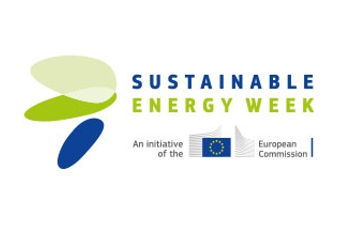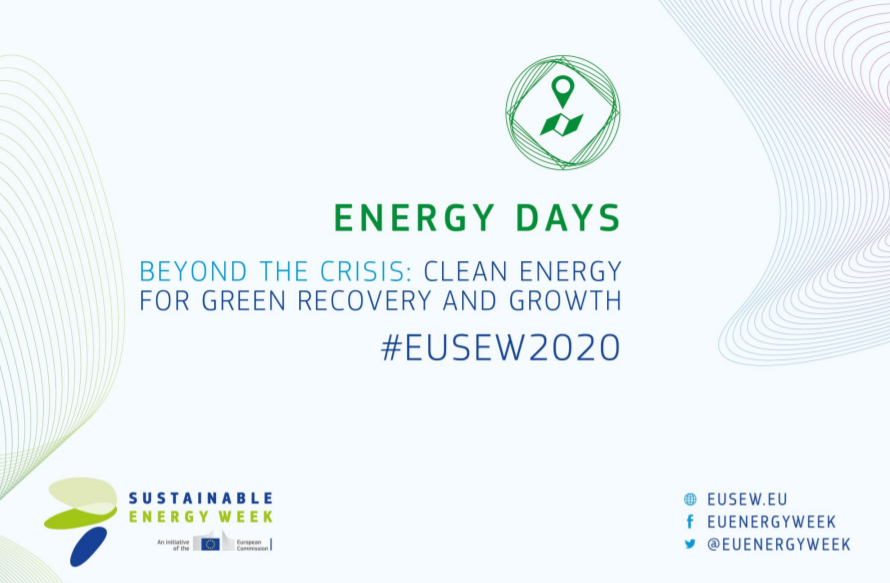
On 17 June, the Clean Energy for EU Islands Secretariat, together with NESOI - European Islands Facility and OCTA, organised an event in the context of the European Sustainable Energy Week to discuss how the clean energy transition can help EU islands build a resilient and sustainable economy, particularly on the back of the COVID19 pandemic.
The event brought together more than 150 participants from Europe and all around the globe.
The panel of experts highlighted in particular the need for an energy transition led by local communities in order for it to be effective, sustainable and supported by all members of the community. They further outlined the need for a long-term framework as well as more targeted financial resources to support islands in this endeavor, and to connect all vectors relating to the transition (energy, water, waste, transport etc.) to tackle this system change in a holistic manner. Finally, all panelists reinforced the need for stronger collaboration among island communities, and among stakeholders from different levels of government.
Panelists
- Eugene Ruggenath, Prime Minister of Curaçao
- Robert-Jan Moons, OCTA
- Gianni Chianetta, Greening the Islands
- Cristina Boaretto, NESOI - European Islands Facility
- Giuseppe Sciacca, CPMR
- Kostas Komninos, FEDARENE / DAFNI Network
- Karel Tujeehut, Government of Curaçao
Recording & Presentations
|
Event recording |
Video message by |

|
Topic
As Europe begins its path towards recovery after the global pandemic, the need to ensure this recovery creates a safe and prosperous future for its economy and its citizens has been raised from many directions. Indeed, the threat posed to our economies and our societies from climate change and environmental destruction has become no less urgent – quite the opposite. We have received a taste of what a severe global crisis can look and feel like, now it is up to politicians, businesses and citizens to move our society into a direction that safeguards our livelihoods.
Islands across the EU have long been front runners in building resilient and sustainable communities. Their specific geographical situation naturally creates a need for a strong and cohesive community, and for islands, the benefits of the clean energy transition go well beyond tackling climate change and energy security. Local economic development, job creation, improved health and more balanced local economies are key for better future perspectives of communities on islands and the mainland.
The EU island community – both near the continent as well as Overseas Countries and Territories and Outermost Regions – can hence provide excellent examples of how implement a resilient recovery strategy that strengthens local economies and communities, and share invaluable insights for EU, national, regional and local policy-makers, technology providers, citizen organizations and research institutions.
Illustrated by concrete examples from EU islands, this session revolved around resilient recovery strategies, and provide an opportunity to exchange approaches and ideas around how to ensure a prosperous Europe now and in the future.
